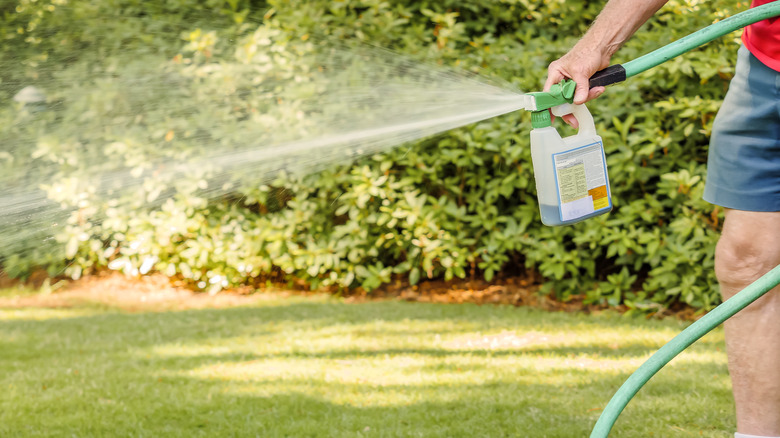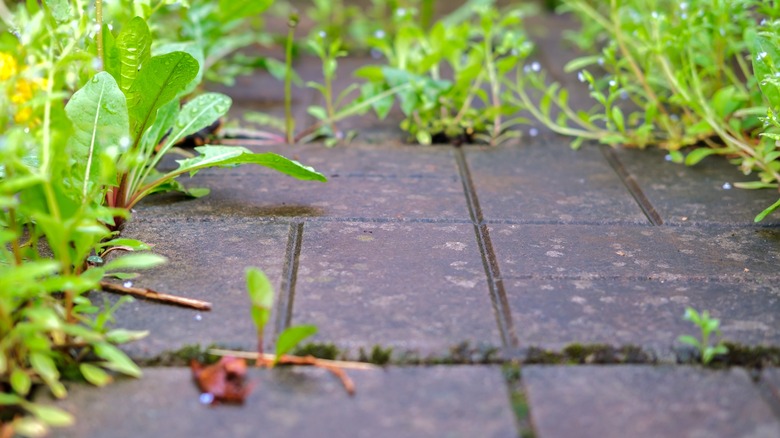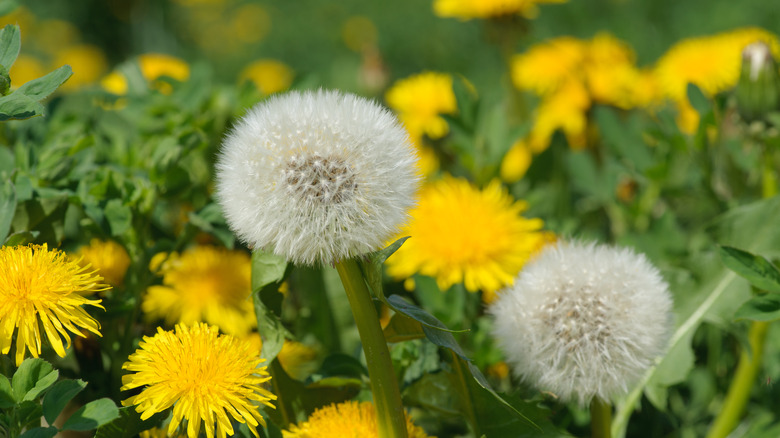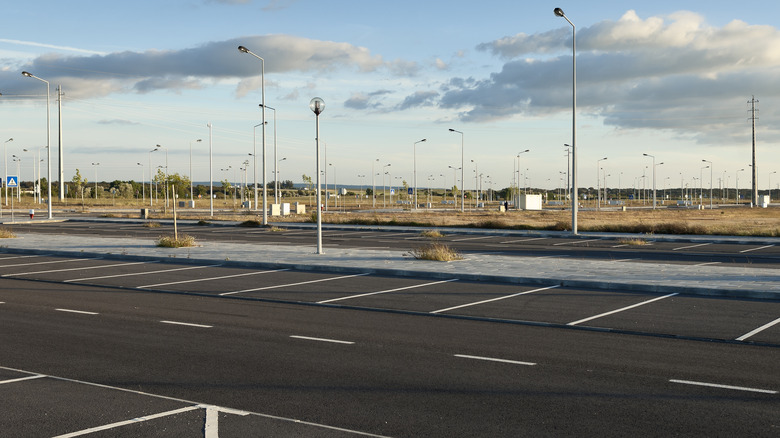Types Of Weed Killer To Consider Before Spraying In Your Yard
As a homeowner or gardener, you may face the challenge of weeds that seem to crop up everywhere, detracting from the beauty of your hard work. If left unchecked, weeds can quickly compete with your desired plants for nutrients and resources.
Fortunately, there are weed killers available that can help you combat these unwanted invaders. However, before you begin spraying your landscape, it's essential to understand the different types and their properties to ensure that you choose the right one for your specific needs.
There are five main types of weed killers: residual herbicides, contact herbicides, systemic herbicides, selective herbicides, and non-selective herbicides. Each of these types of weed killers works differently, and it's crucial to understand their mechanisms of action, target, and potential risks.
Highlighting the pros and cons of each type of weed killer is also important, as well as their effectiveness and safety considerations. With this information, you will better understand which kind is most suitable for your specific situation, and how to apply it safely and effectively to keep your lawn or garden looking its best.
Residual weed killers
Residual weed killers, also known as "soil-active" weed killer, are a type of herbicide that can prevent the growth of weeds for an extended period. They work by inhibiting growth from the roots up, and are available in granular or liquid forms. They are easy to apply, and can be effective for up to six months, making them a good option for areas where weeds are persistent.
They can control a broad range of weeds, but can also harm desirable plants if they come into contact with the herbicide. Additionally, it may take several days or weeks for the herbicide to take effect, so it may not be the best option if immediate control is needed.
Some products are designed to break down in the soil over time, which can help reduce their environmental impact. This type of weed killer can be particularly effective in preventing weed growth in garden beds, borders, and other landscaped areas. Moreover, groundwater contamination should not become an issue if it is used correctly when spraying weed killer.
Contact weed killers
Contact weed killers, also known as "foliar" herbicides, kill plants on contact by targeting their above-ground parts. They are a fast-acting option for controlling things in small areas such as driveways, sidewalks, and patios. They are available in liquid form, and are easy to use with a sprayer. Additionally, they are typically less expensive than other types of herbicides.
They work quickly, often killing the plant within a few hours or days. Some are selective and only target specific types of weeds, leaving desirable plants unharmed. However, non-selective options can harm desirable plants, so care should be taken when applying them. Apply the herbicide directly to the leaves and stems as early in the day as possible, when growth and photosynthesis are taking place, to ensure the herbicide penetrates thoroughly — taking care to avoid nearby flowers and plants.
Multiple applications may be necessary to kill the weed fully, especially perennials, as contact weed killers only actively destroy leaves and stems above soil level. This weed killer is ineffective in killing the plant's roots, so it may not be suitable for controlling all perennials or problems in larger areas.
Systemic weed killers
Systemic weed killers are a type of herbicide that move through the entire plant, including the roots, to kill the weed entirely. They are effective for controlling perennial weeds in larger areas such as lawns, fields, and meadows, and can be used for spot-treatment on individual weeds in garden beds or landscaped areas. Easy to apply and long-lasting, some systemic weed killers can be effective for up to a whole year, and with selective options also available, this can be a good choice.
These are particularly effective at controlling perennials that can be difficult to control with other herbicides. However, they may harm desirable plants if not applied carefully, and may not be effective for immediate control. Systemic weed killers are available in liquid form, and are applied to the leaves when the weed is actively growing in spring or autumn. The plant absorbs the herbicide and moves through the entire plant, including the roots. Multiple applications may be needed where complete removal is desired.
Selective weed killers
Selective weed killers are herbicides that target specific types of weeds while leaving desirable plants unharmed. Spraying weed killers like these are safe to use on lawns, and are typically applied directly to the leaves of the targeted weeds, and are available in liquid, granular, and pre-emergent forms. They are effective for controlling specific types of pesky growth such as broadleaf weeds, and are environmentally friendly, as some are designed to break down in the soil over time.
However, they may not be effective for controlling all types of weed, and multiple applications may be necessary depending on the kind and herbicide strength. If not used correctly, they can harm nearby plants.
Selective weed killers are best used in areas where specific types of weeds need to be controlled. They are particularly effective for treating lawns: they leave narrow leaf plants like grass alone, and make short work of removing dandelions, daisies, and buttercups, which can erupt all over lawns in spring and summer. Apply the herbicide directly to the leaves, taking care to avoid nearby and desirable broad-leafed plants.
Non-selective weed killers
Non-selective weed killers are herbicides that kill all plants they come into contact with, making them a risky option for areas with desirable plants and flowers. They are effective for controlling all types of weeds, including perennial and annual. They are often used for maintaining a vegetation-free area in various sites, such as highway shoulders, parking lots, lumber yards, and around signposts.
This keeps these areas free of vegetation during the growing season to improve their function or maintenance. Non-selective weed killers are fast-acting, affordable, and easy to use in liquid form with a sprayer. However, they will destroy all greenery they touch, and their excessive use over large areas can negatively impact the environment, including soil and groundwater contamination. Plus, multiple applications may be necessary to kill the weed entirely.
Non-selective weed killers are best used for controlling and spot-treating individual weeds wherever desirable plants are not present, such as sidewalks and driveways. For this weed killer and all the others mentioned, it is imperative to read the label instructions carefully before applying, wear protective clothing, and avoid using them on windy days to prevent the drift of potentially dangerous substances.





